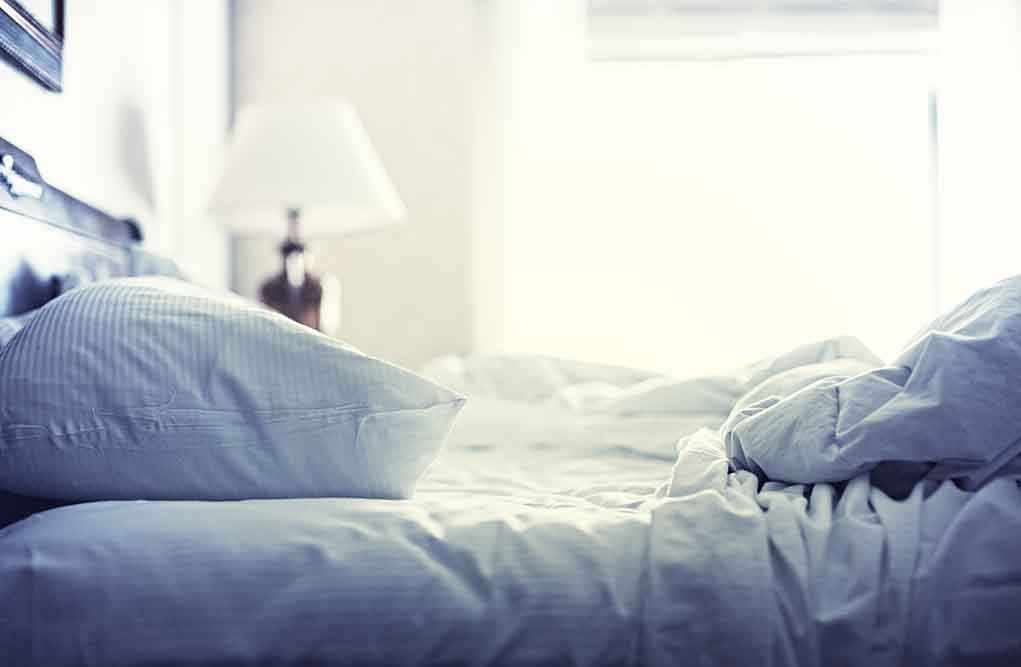
Picture this: You wake up after a restless night, determined to conquer the day, but your morning habits might be sabotaging you without you even knowing.
At a Glance
- One bad night’s sleep can disrupt your entire day and long-term health.
- Avoid snoozing, hydrate early, and get sunlight for better recovery.
- Delayed caffeine intake and protein-rich meals can aid cognitive function.
- Workplace productivity and safety suffer significantly from sleep deprivation.
The Morning After a Bad Night’s Sleep
Waking up after a bad night’s sleep is like starting a marathon with your shoelaces tied together. Your mind feels foggy, your mood is swinging like a pendulum, and your productivity is somewhere on vacation in the Bahamas. While the temptation to hit the snooze button is strong, experts warn against it. Rachel Beard, a Sleep Wellness Manager, advises that snoozing disrupts your sleep cycle and can leave you feeling even groggier.
Instead, embrace hydration as your morning savior. A glass of water can kickstart your metabolism and help shake off that sleep inertia. And if you’re thinking of reaching for that espresso shot right away, hold your horses! Delaying caffeine intake for at least an hour after waking helps regulate your cortisol levels, ensuring you don’t crash later in the day.
The Role of Sunlight and Nutrition
Stepping outside to soak in some sunlight might sound like a cliché, but it’s nature’s way of resetting your internal clock. Sunlight exposure boosts serotonin levels, improving your mood and focus—both essential after a night of tossing and turning. Nutritionist Veronika Larisova suggests that starting your day with a protein-rich breakfast can further sharpen cognitive function, giving your brain the fuel it desperately needs.
Avoiding high-intensity workouts is crucial as well. Gentle movement, like yoga or a walk, can invigorate your circulation without overwhelming your already stressed system. The key is to ease your body and mind into the day, rather than shock them awake.
Long-term Effects of Sleep Deprivation
If you think a single bad night is harmless, think again. Chronic sleep deprivation is linked to a host of health issues, from obesity to cardiovascular diseases and even cognitive decline. It’s not just your health that’s at stake—your workplace performance takes a hit too. Sleep-deprived employees are more prone to errors, accidents, and absenteeism, costing companies billions annually in lost productivity.
Employers are beginning to notice, integrating sleep health into corporate wellness programs. But the change needs to be systemic, with public health initiatives pushing for better sleep hygiene practices at both individual and organizational levels.
Finding the Balance
Experts agree that maintaining a regular routine is crucial in mitigating the effects of poor sleep. Drastic changes to your schedule can further disrupt your circadian rhythms. Instead, implement small, manageable habits that promote better sleep hygiene. This could mean setting a consistent bedtime, creating a relaxing pre-sleep routine, or investing in a quality mattress.
Remember, the battle against sleep deprivation isn’t won overnight. It’s about creating an environment and routine that consistently supports healthy sleep patterns. And yes, that might mean passing on that third cup of coffee.
Sources:
Hult International Business School




